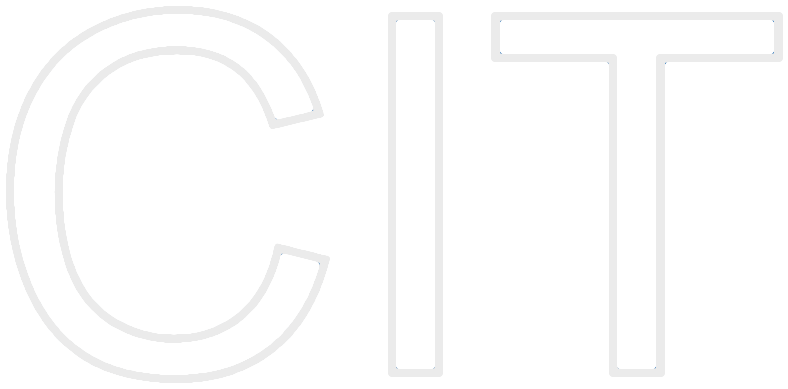Product Line Requirements Engineering
Hauptseminar
Überfachliches Grundlagenseminar
Prof. Bernd Bruegge, Ph.D.
Anil Kumar Thurimella
Vorbesprechung on 18 April 2007, 3 PM (room number 01.07.58)
Registration
To register for this seminar, send mail to Anil Kumar Thurimella with a topic from the list. Topics are awarded on a first come, first serve basis. Limited places are available. Hurry up for registration.
Notes
- This seminar is conducted in English.
- This seminar is conducted in cooperation with Siemens AG, CT SE1.
- This seminar can be done as a Hauptseminar or Überfachliches Grundlagenseminar.
Major Focuses
- Variability management
- Requirements management
- Rationale management
- Infotainment systems
Abstract
Requirements engineering is an early and planning phase of the software development process, and involves intensive collaboration between stakeholders and clients. Rationale management supports decision-making on the basis of the informal collaboration of the stakeholders and therefore it is very useful for requirements management. Software product line engineering enables mass customization and reuse during the development of software intensive systems. Variability management is a key issue in the software product line engineering. This seminar focuses on the current industrial practices for the variability management in requirements engineering.
Short Description
Rationale-based Variability Management in Requirements Engineering (RVMRE) is a new software product line engineering approach being developed at the Chair of Prof. Bruegge together with Siemens CT. This seminar aims at the empirical study of RVMRE using a case study in the domain of infotainment systems.
In this case study, students are assigned to the roles of a requirements engineering process and the variability management is done using the tool SYSIPHUS. The role-playing is done in the key activities of the variability management as follows:
- Variability identification: Students need to identify the variation points, dependencies and constraints in the variation points, from the requirements of the infotainment systems.
- Product instantiation: In this activity students need to instantiate the identified variation points for some infotainment products.
- Product line evolution: The existing variation points are to be changed by students for a future release.
From this seminar students can learn about software product lines, role-playing and collaboration aspects in requirements management, empirical evaluation techniques and can enhance their soft skills.
Organization
At the beginning of the seminar students are supposed to chose their interesting topic. This seminar is organized into two sections as follows:
- At the end of the first section, students need to do a presentation on their topics. All these presentations are to be held on a single day.
- In the second section, variability management for the infotainment systems is performed by students using the tool Sysiphus.
Topics for Hauptseminar
This seminar includes (but not limited to) the following topics:
- Orthogonal Variability Model (OVM)
- Change management in requirements engineering
- Collaboration models in global software development
- Elicitation of requirements from user manuals
- Rationale-based variability management in requirements engineering
- Model-based configuration support for product derivation in software product families
- Change management in product line requirements engineering
- Empirical methods in software engineering
For additional topics please contact Anil Kumar Thurimella.
Topics for Überfachliches Grundlagenseminar
- Rationale management in requirements engineering
- Intercultural aspects of global software product line engineering
- Collaborative requirements negotiation with easywinwin
For further details on Überfachliches Grundlagenseminar please contact Anil Kumar Thurimella.
Literature
- Software Product Line Engineering Foundations, Principles, and Techniques
- Rationale Management in Software Engineering
Useful links
- Tips for the presentation
- How to Present a Paper in Theoretical Computer Science: A Speaker's Guide for Students

